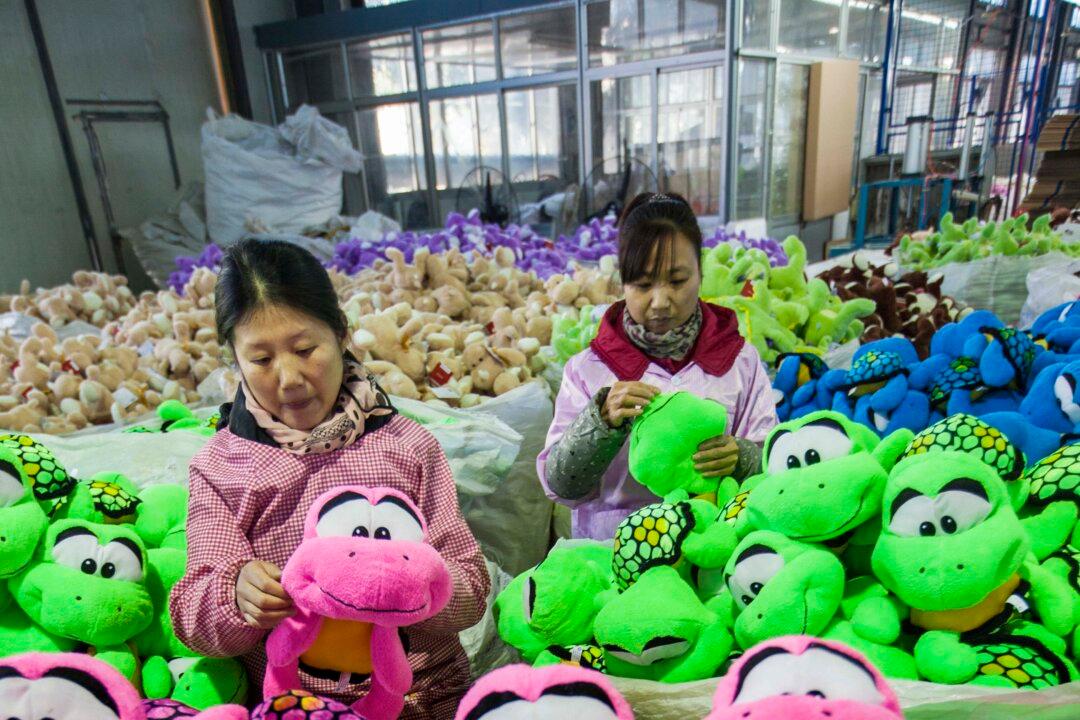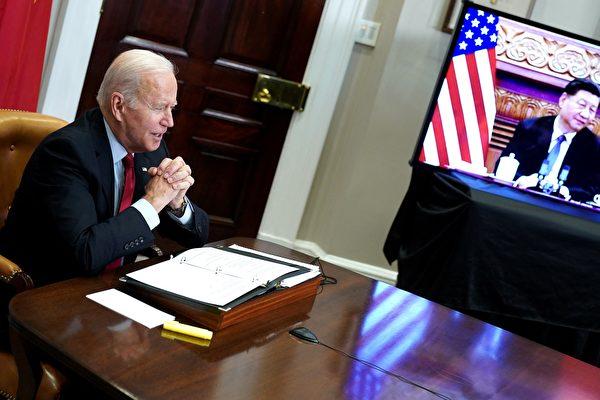China’s current trend of economic slowdown has led to a large number of companies shutting down and laying off workers. Large-scale worker protests have been occurring in China due to sudden layoffs without compensation.
Foreign investment has been leaving China at a soaring rate. In the third quarter of this year, China saw a deficit of $11.8 billion in foreign investment according to the regime’s official data. This was the first deficit since records began. The country’s economic downturn was cited as the primary reason for the capital flight.





